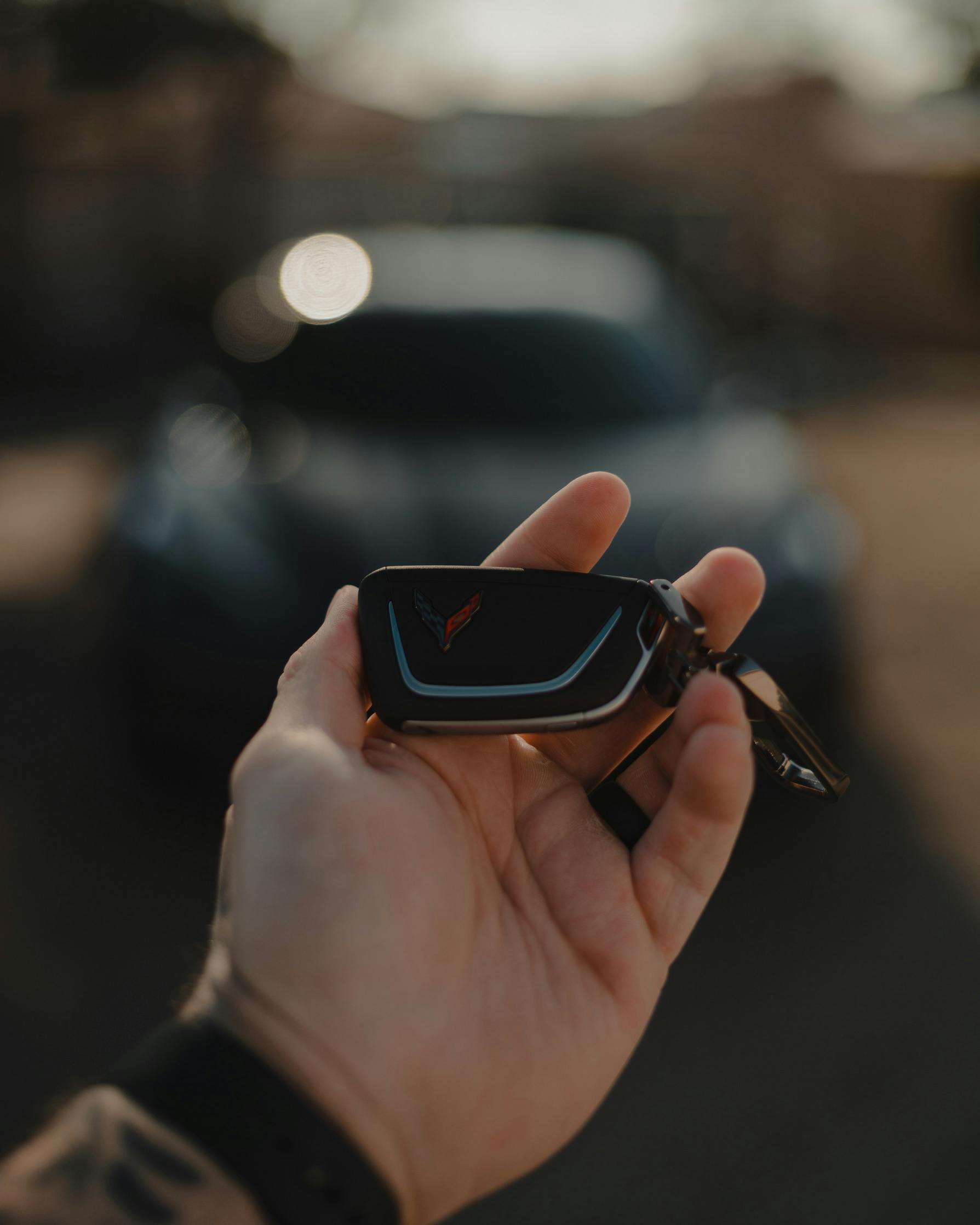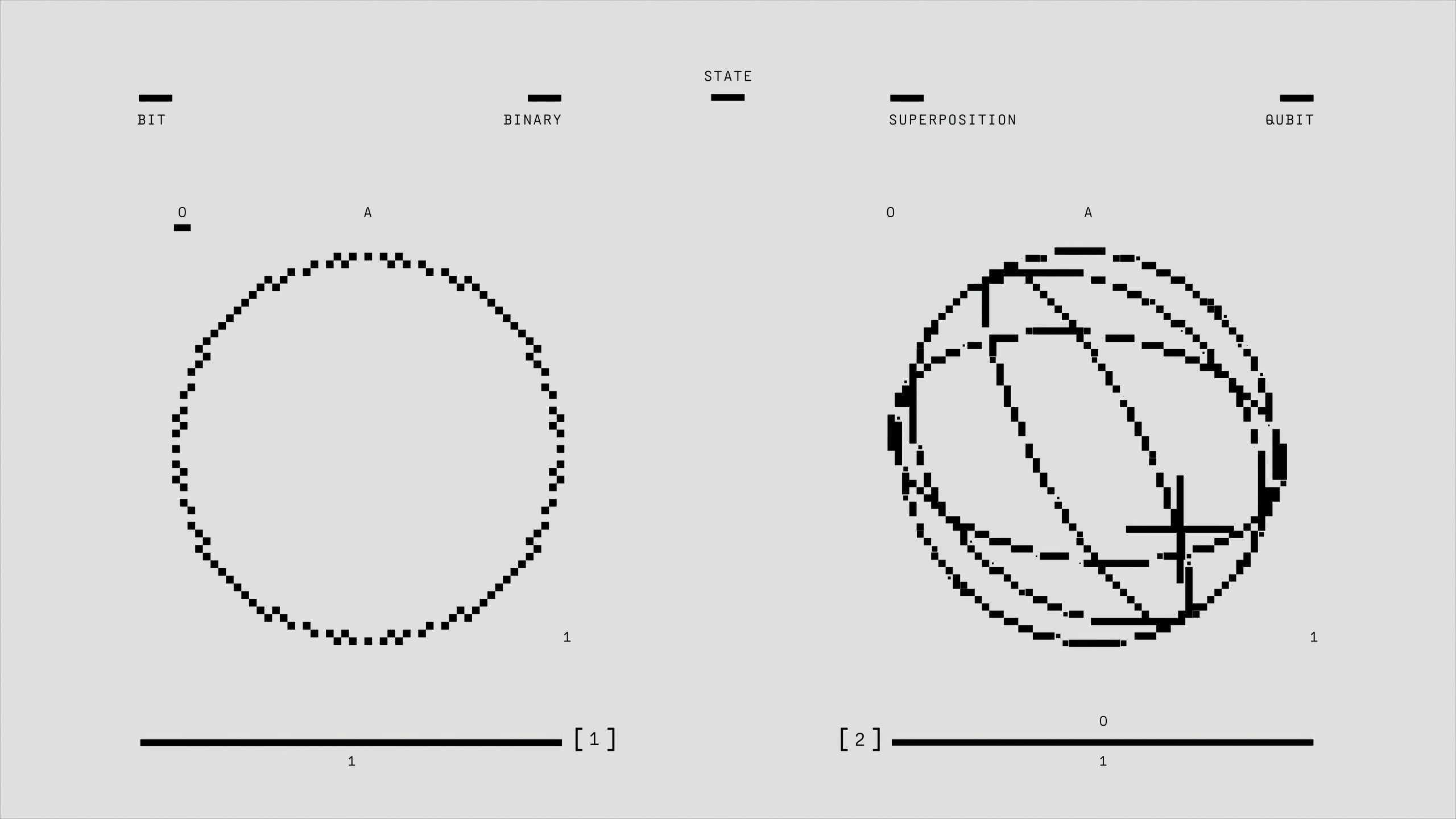Rear-End Collision: The At-Fault Driver is Now Unresponsive – What Should I Do?
Two days ago, while I was stopped at a red light in Manhattan, another driver rear-ended me. After the accident, we both got out, assessed the damage, and exchanged information. I took clear photographs of both vehicles, highlighting the damage to his front bumper and my rear bumper, confirming that I was not at fault in this rear-end collision.
I initially proposed that we handle the repairs privately to simplify matters for both of us, and he agreed. However, he has since gone silent. I set a deadline for him to send me a repair shop recommendation by Friday at 7 PM, but he never responded, prompting me to file a claim with my insurance.
A local body shop evaluated the damage and provided an estimate of $1,200, which seems quite high for what I thought was a minor fender bender. My insurance company assures me that since I was rear-ended while stationary, I am considered 0% at fault, and the other driver’s insurance should cover the repair costs. Nevertheless, I have a few concerns:
- What happens if the other driver disputes fault or claims shared responsibility?
-
I have clear photos of the damages as evidence. Should I try to obtain any security footage from nearby businesses, even if there’s no guarantee it exists?
-
Will I be required to pay my deductible upfront and then seek reimbursement, or will the at-fault driver’s insurance take care of everything directly?
-
I understand that New York operates under a no-fault system, but my research indicates this primarily pertains to medical expenses. Is that accurate regarding vehicle damage?
-
Should I file a police report or DMV report now, even though I didn’t initially?
-
I didn’t think it was necessary for a minor accident with no injuries, and I needed to get to work promptly. Would filing a report now help protect my interests?
-
Instead of involving my insurance, should I have gone through the other driver’s insurance directly?
-
I was advised that this might have been a better approach to avoid impacting my own insurance rates. Did I make an error?
-
Did I handle the situation appropriately, and is there anything else I should consider to safeguard myself financially?
I would appreciate any guidance or advice you can offer! Thank you!




It sounds like you’re in a challenging situation, but you’re taking the right steps by documenting everything and reaching out for advice. Here are responses to your concerns:
Disputes Over Fault: It’s good that you have photos as evidence. If the other driver tries to dispute fault, having clear documentation will support your case. Seeking security footage is a good idea if it’s available. Any corroborating evidence can strengthen your position.
Deductible and Payments: Typically, if the other driver is at fault, their insurance should cover the repairs directly, meaning you shouldn’t have to pay a deductible upfront. However, policies can differ, so check with your insurer on how they handle payments in such cases.
No-Fault Laws: You’re correct in understanding that New York’s no-fault law primarily concerns medical expenses. For property damage, the at-fault driver is responsible, and you can pursue their insurance for the repair costs.
Police/DMV Reports: Filing a police report or DMV report now could be beneficial, especially if you can still establish the facts of the accident. It could provide additional evidence that could be useful in any claims or disputes.
Claiming Through His Insurance: Generally, you can choose to file with his insurance, but since he has been unresponsive, going through your own insurer often provides a quicker resolution. If you are concerned about potential impacts on your premiums, you might want to discuss with your insurer the best route to minimize any future rate increases.
Handling the Situation: You’ve done well by documenting the accident and starting a claim. Continue keeping all evidence organized, including communication with the other driver and insurance companies. Staying proactive about follow-ups and being aware of time limits for claims or disputes will protect your financial interests.
In summary, you seem to be taking responsible steps, but reinforcing your documentation and exploring options regarding police reports and the claims process will help you navigate this situation effectively. Don’t hesitate to consult with a lawyer if you feel uncertain, especially if disputes arise. Good luck!